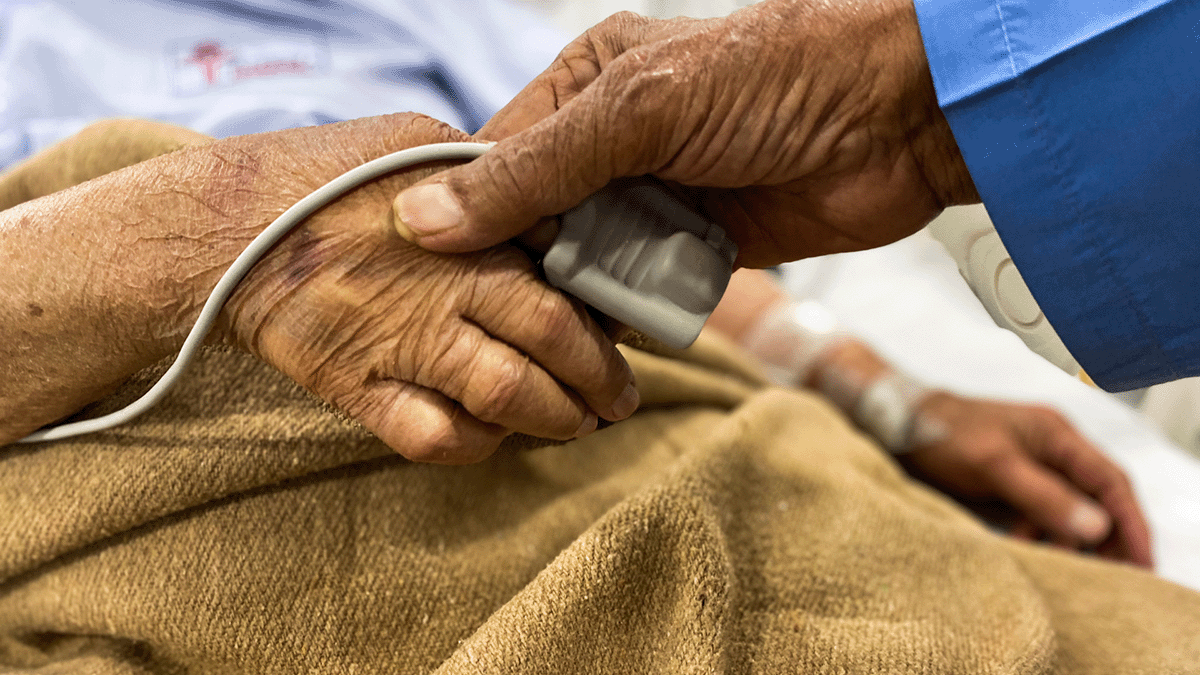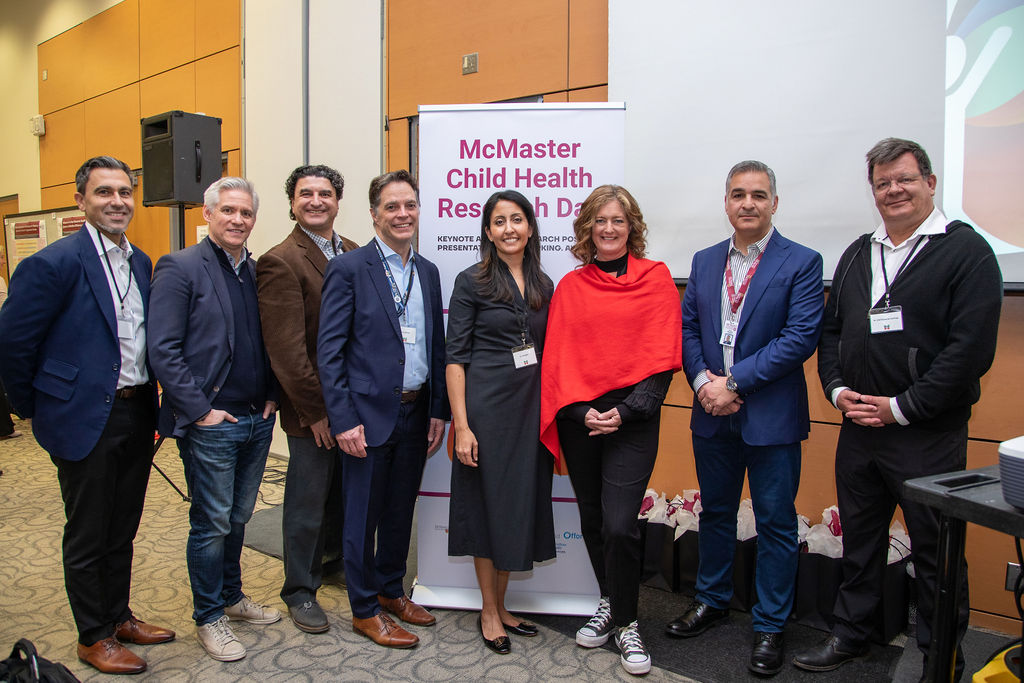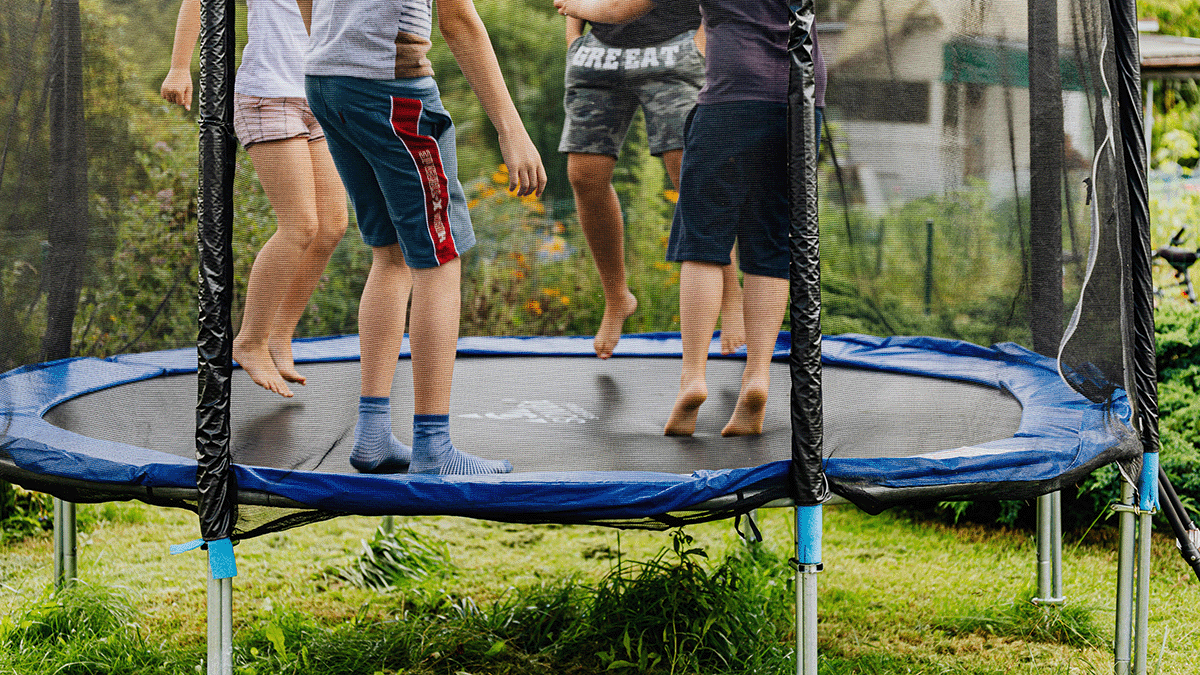McMaster researchers create first-ever guidelines to help kids build tolerance to food allergens

Researchers with McMaster University have crafted the first-ever guidelines to help prepare families who plan to build their child’s tolerance to common food allergens.
These international guidelines, published on April 8, 2024 in the Journal of Allergy and Clinical Immunology, standardize the preparation process for families considering oral immunotherapy, a process that involves giving very small amounts of an allergen, like peanuts, to patients and gradually increasing the amount to build up their tolerance.
Until now, clinicians had little evidence-based guidance to provide parents administering this procedure to their child. The guidelines fill an important gap as the therapy is not without its risks – it is administered daily at home to children by their parents, requiring caregivers to act like amateur medical professionals, observing reactions and deciding on necessary treatments.
“This is a landmark paper in our field because it has never been done before and this process has never been standardized,” says Douglas Mack, lead author of the paper and assistant clinical professor with McMaster’s Department of Pediatrics. “We’re in dire need of having some kind of guidance on how to approach oral immunotherapy. We simply have not had this before.”
Among the guidelines, the researchers included the following recommendations:
- A robust standardized education process for patients and caregivers through a detailed consent procedure
- Establishing adequate parental supervision for dosing before beginning treatment
- Identifying inadvisable risk factors including uncontrolled asthma, an unwillingness to use epinephrine, uncontrolled psychological concerns and pregnancy
- Clearly understanding the patient and caregiver goals
- Developing a structured universal consent form template
To develop the recommendations, the panel of 36 international oral immunotherapy experts identified more than 250 statements that met consensus as important considerations for clinicians in prescribing oral immunotherapy and 71 statements that were used to craft a consent form for families.
Using these statements, researchers have put forward a standardized protocol that clinicians can use to prepare patients. They also developed a template consent form that can be used by clinicians to ensure patients understand the risks, benefits, and alternatives to this therapy.
“These families must provide the therapy every single day. That’s why these guidelines are so important. Safety can be optimized to make sure that they understand what they’re taking on, while ensuring that they are aware of the kinds of side-effects that can be dangerous.”
Prior to these guidelines as many as one third of patients were not getting any degree of adequate consent or preparation before starting treatment. When adequate counselling was performed, the study found the average time to be about 30-60 minutes.
“If families are not prepared for oral immunotherapy, they’re going to fail or it’s going to become unsafe,” he says.
“If they decide they want to do it after following these guidelines, they’re prepared for what they’re getting into. They understand the risks and most importantly, it makes it safer because they can anticipate the challenges. This protocol sets the standard moving forward.”
The U.S. National Institutes of Health provided funding for the study.
Dept. Peds, ResearchRelated News
News Listing

Common dementia medication doesn’t increase risk of death, life-threatening heart abnormalities
Dept. Med, Geras Centre for Aging Research, Research
April 15, 2024

Charting the future of child health: McMaster University hosts collaborative research day
CanChild Centre for Childhood Disability Research, Collaborations & Partnerships, Dept. Peds, McMaster Centre for Metabolism Obesity & Diabetes Research, Research
March 28, 2024

Common activities emergency doctors say they would avoid this spring
Dept. Peds, Education
March 26, 2024
